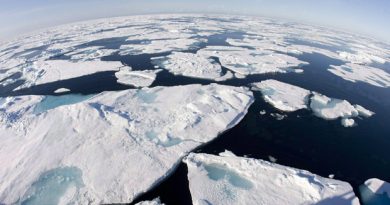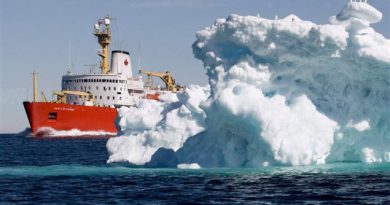Metal, mineral price drop affecting Canada’s North
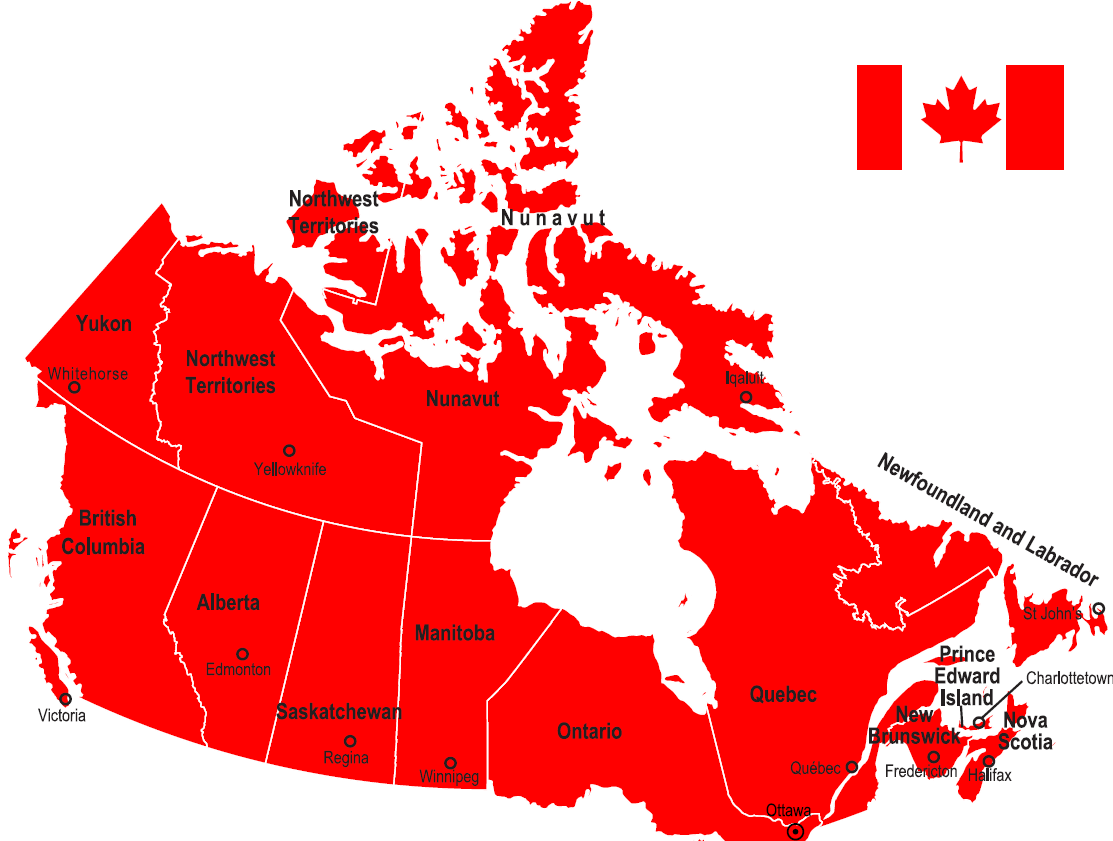
Slumping metal and mineral prices are taking their toll on the mining industry in Canada’s North and contributing to a gloomy economic outlook for the region according to a recent report from The Conference Board of Canada.
“Economic conditions are actually not very good right now in all three territories,” said Marie-Christine Bernard, Associate Director, Provincial and Territoral Forecast. “The difficult mining conditions that we’re seeing also in the rest of Canada is really impacting the outlook for the three territories.”
Territorial Run Down
Yukon
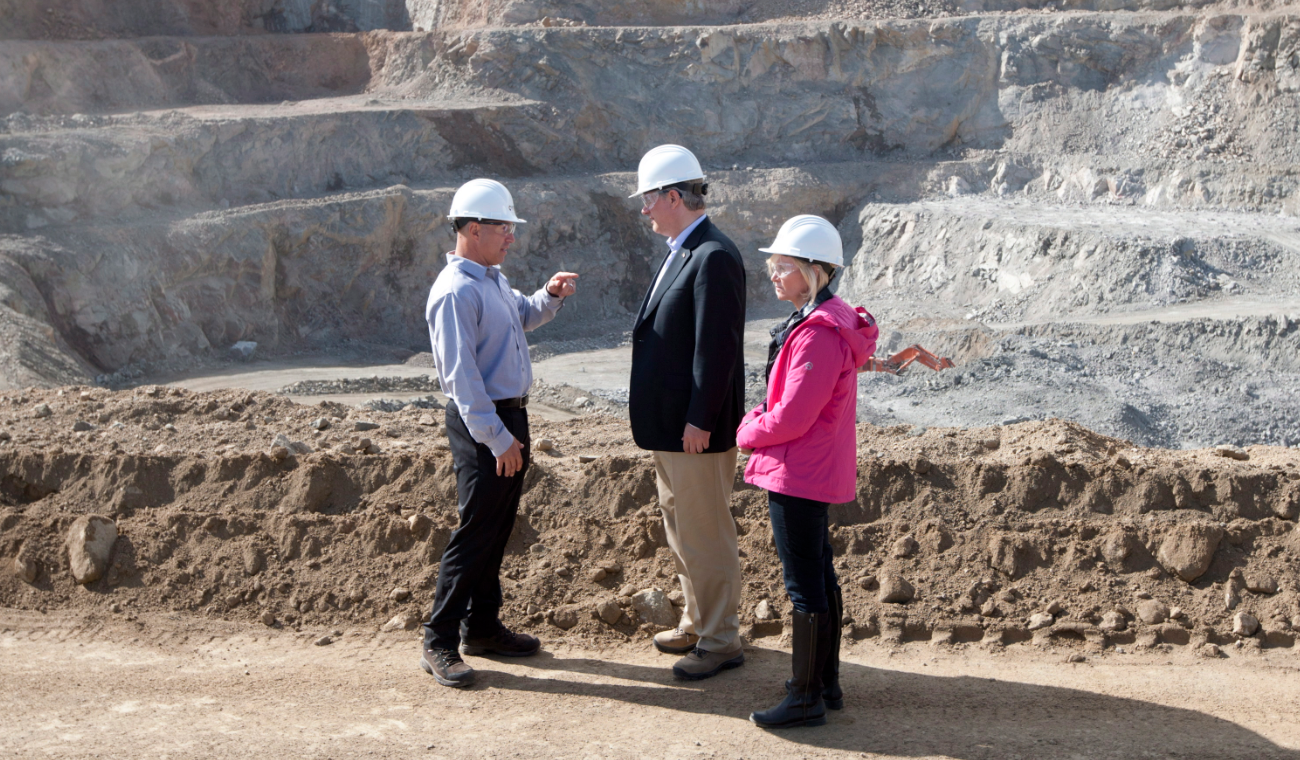
In recent years, the mining boom in Yukon made headlines across the country.
But in the last two years, low commodity, metal and mineral prices have had an effect on everything from exploration to existing operations, Bernard said.
Of Yukon’s three mines, only The Minto mine is currently still in operation.
The Bellekeno silver mine was shutdown in September 2013 because of low silver prices. This year, the Wolverine Mine near the community of Watson Lake, also suspended activities due to falling metal prices
“That’s affecting economic growth because miners have lost thier jobs,” Bernard said. “We see a lot less mineral production and that’s why the outlook is quite weak this year. ”
It’s unclear when operations at the closed sites will resume.
Northwest Territories
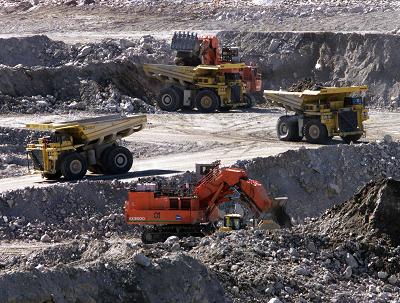
Canada’s Northwest Territories is also facing pressure from falling commodity prices.
Several mining projects that seemed to be on the horizon are on hold given financing difficulties, said Bernard.
But NWT’s diamond industry is also changing.
“(NWT’s) mining industry is more mature than in Nunavut or Yukon,” Bernard said. “So we are seeing a decline in diamond production, just because of the maturity of the industry. So that is affecting growth in the Northwest Territories.”
Nunavut
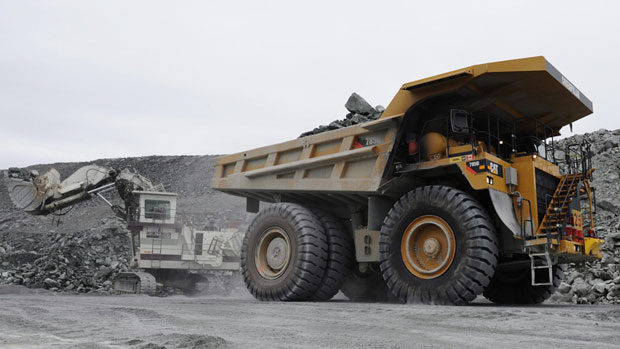
Meanwhile in Canada’s eastern Arctic territory of Nunavut, the picture is a little brighter.
Helped along by big construction projects, the territory’s GDP is expected to grow by 3.8 per cent in 2015, says the report.
“We are seeing a lot less exploration activity in Nunavut, just like we’re seeing in the other two territories, but the construction of (the Mary River project) is really helping the economy,” Bernard said. “At the same time we’re seeing a lot of public sector investment.”
Construction is ongoing at the Mary River iron ore mine project on Baffin Island. There is a $300-million upgrade ongoing at the airport in the territory’s capital city of Iqaluit. The Canadian High Arctic Research Station is also under construction in the Nunavut community of Cambridge Bay.
Write to Eilís Quinn at eilis.quinn(at)cbc.ca
Related stories from around the North:
Canada: Canadian province of Quebec announces plan for northern development, Eye on the Arctic
Finland: Finland ‘shot itself in the foot’ creditor says of mining company saga, Yle News
Sweden: Relocation of Arctic town underway in Sweden, Radio Sweden
Norway: Production uncertain beyond Q2 at iron-ore mine in Arctic Norway, Barents Observer
Sweden: Swedish ore production record in 2014, Barents Observer
United States: Alaska – Judge temporarily halts EPA process on Pebble Mine, Alaska Dispatch

